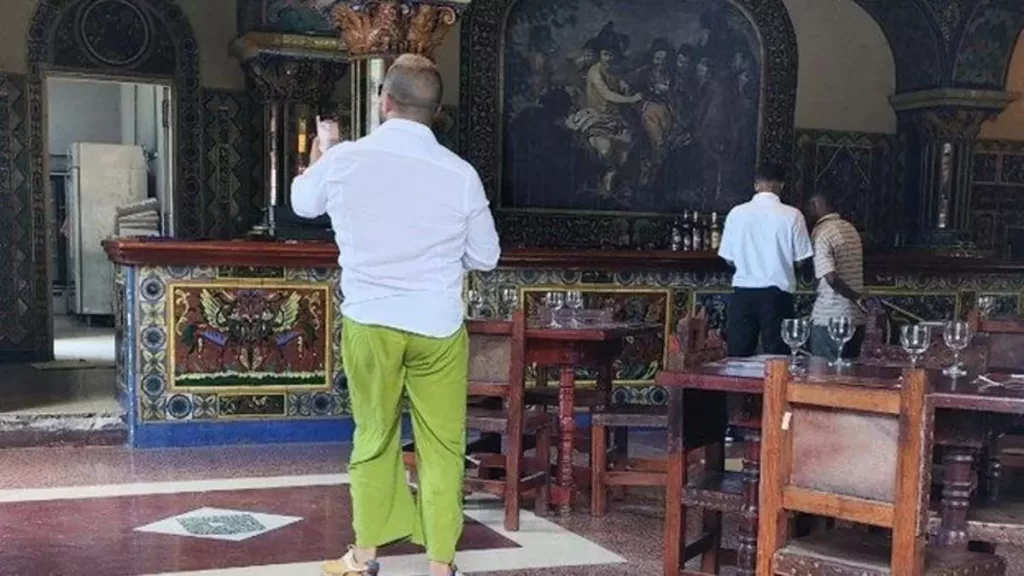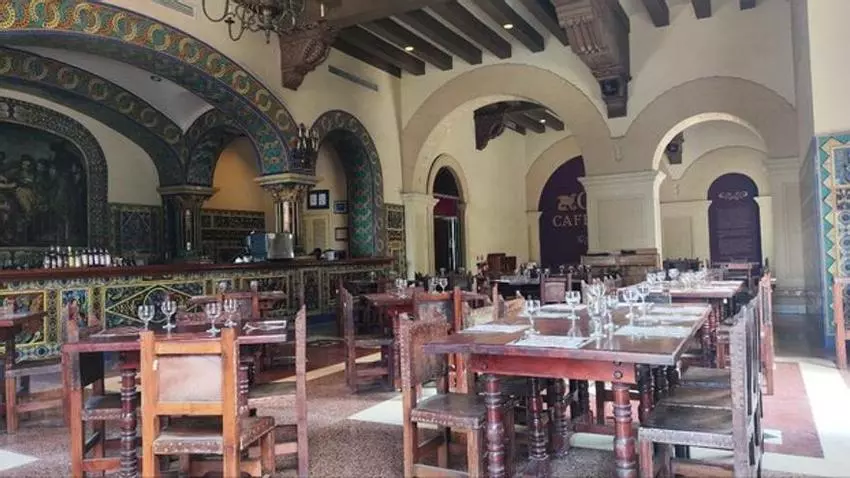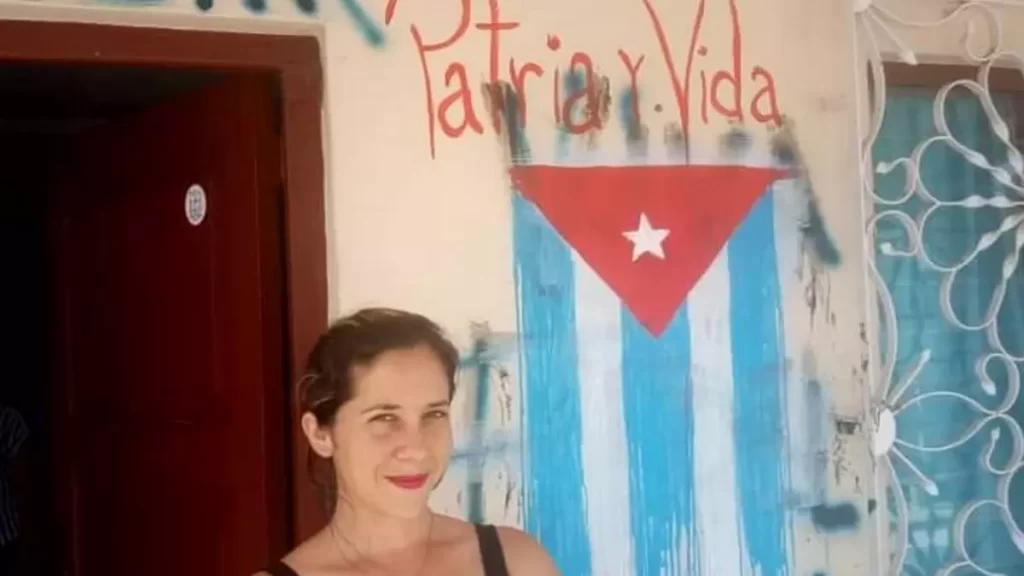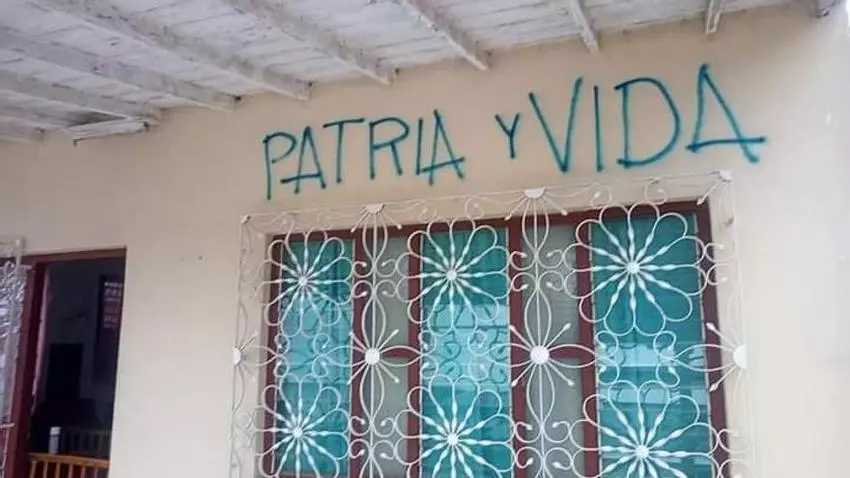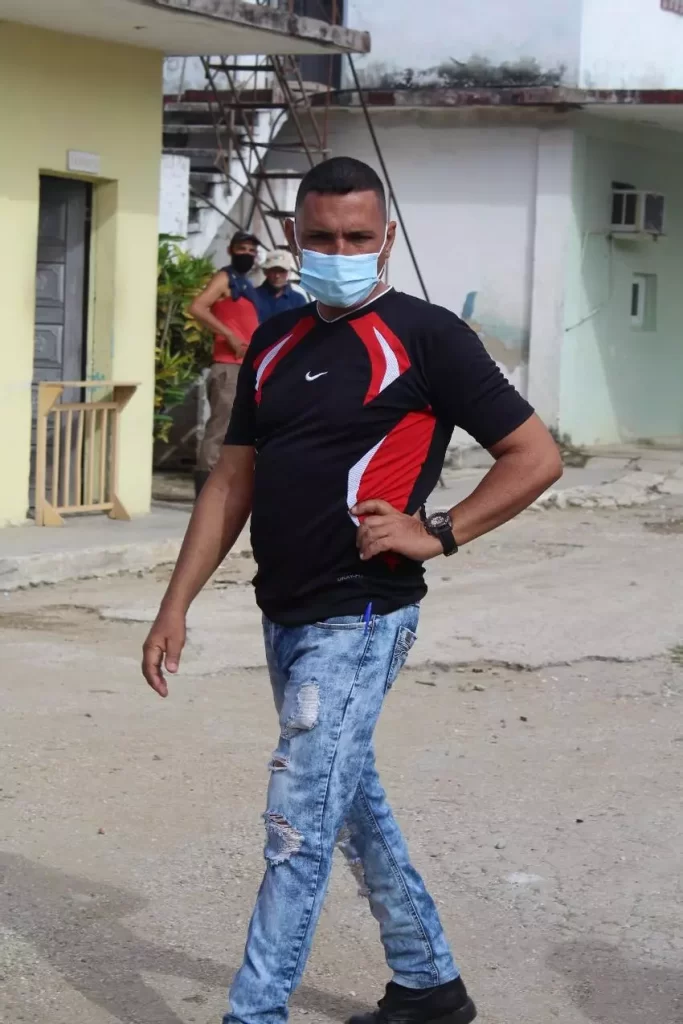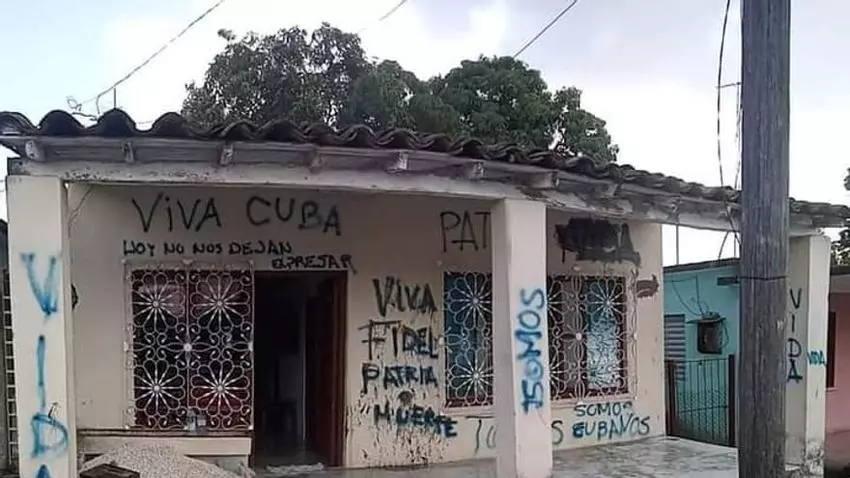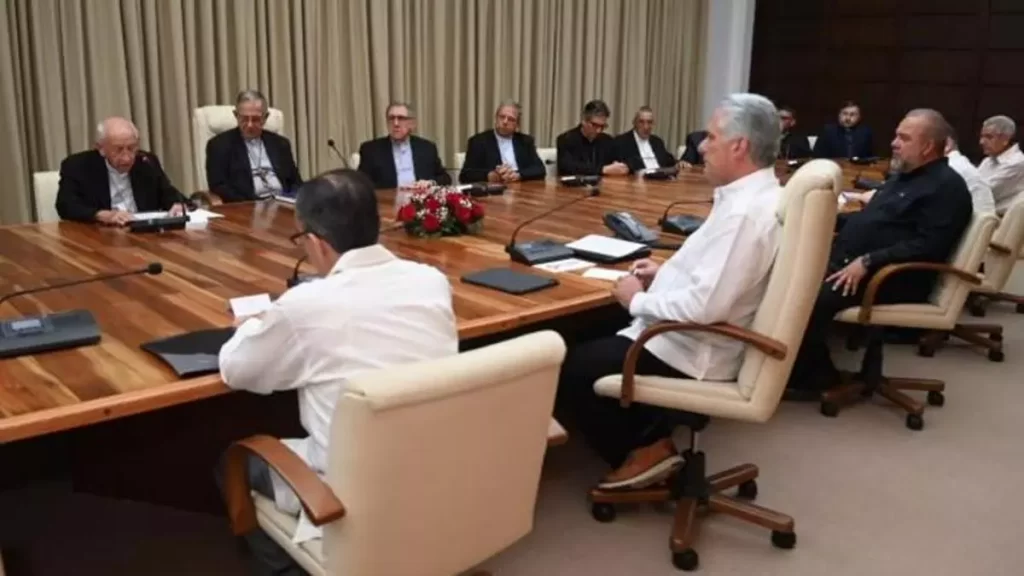The mediCuba-Europa organization launched a campaign to buy 1,500 pacemakers and send them to the Island

![]() 14ymedio, Havana, 25 April 2024 — MediCuba-Europa, an NGO related to the Cuban Government, launched a campaign this Wednesday to raise funds for the purchase of pacemakers for patients on the Island. According to the organization, they need 1,500 pacemakers immediately, and at least 100 Cubans have to stay in hospitals because they do not have one. “Unfortunately, most pacemaker manufacturers refuse to market them and send them to Cuba. However, we have identified an Italian company willing to provide them at affordable prices: about 500 euros for a unicameral pacemaker,” he said in a statement, although he did not reveal the name of the company.
14ymedio, Havana, 25 April 2024 — MediCuba-Europa, an NGO related to the Cuban Government, launched a campaign this Wednesday to raise funds for the purchase of pacemakers for patients on the Island. According to the organization, they need 1,500 pacemakers immediately, and at least 100 Cubans have to stay in hospitals because they do not have one. “Unfortunately, most pacemaker manufacturers refuse to market them and send them to Cuba. However, we have identified an Italian company willing to provide them at affordable prices: about 500 euros for a unicameral pacemaker,” he said in a statement, although he did not reveal the name of the company.
The NGO also explained that it is working with “an American solidarity group” to send between 300 and 400 pacemakers to the Island in the coming weeks. The donation of medicines, he added, is also necessary in the current economic conditions.
The organization, based in Switzerland, is composed of members from thirteen European states
The organization, based in Switzerland, is composed of members from thirteen European states (Germany, Sweden, Italy, Ireland, France, Switzerland, Luxembourg, Finland, Norway, Spain and Austria). In addition, there are partner institutions from three other countries, the United Kingdom, Denmark and the Netherlands.
Directed by the Swiss doctor Franco Cavalli, mediCuba-Europa maintains several projects with Cuban state institutions such as the financing of pediatric antitumor drugs for the National Institute of Oncology and Radiobiology of Havana, in which it planned to invest between 10,000 and 20,000 euros per year (10,725-21,451 dollars) since 2010, but in the first five years the figure amounted to 99,000 euros (106,184 dollars). According to the project’s report, the execution period will last “until the blockade* ends.” continue reading
At the beginning of the COVID-19 pandemic on the Island, mediCuba-Europa promoted another campaign to finance the purchase of 250 pulmonary ventilators, and in 2021 delivered $600,000 for the purchase of syringes and needles. The NGO also announced that it planned to support the development of Cuban vaccines against the virus, although it is not known if that proposal materialized.
In addition to maintaining direct collaboration with the Cuban Government, Cavalli is a strong advocate of the regime on the international stage and has denounced the United States embargo* as the main cause of Cubans having poor access to healthcare.
The shortage of medical supplies on the Island has become a chronic problem. In mid-April, the official press announced that enalapril – one of the most prescribed drugs on the Island and the most scarce – was returning to the pharmacies of Ciego de Ávila after missing for several weeks. However, the authorities explained that “there is only availability to cover 70% of the dose.”
The shortage of medical supplies on the Island has become a chronic problem
The lack of enalapril is not the only one – far from it. Of the 603 products on the so-called province card – 197 imported and 401 of domestic production, the authorities said, although they do not add up – on average 226 have been missing. In addition, 471 had zero or low coverage in the most recent 15 and 30 days.
The worst situation occurred in 34 of the 84 products of the control card: contraceptives, tranquilizers (out of 23, 16 were missing) and antibiotics (out of 24, 17 were missing); all this as a consequence, they said, of the “effects of the current economic crisis and the resurgence of the United States blockade against Cuba,” which brought the shortage to “historic levels.”
The export of Cuban doctors on “missions” to different countries, however, continues to bring great monetary benefits for the regime, which does not reinvest those funds in Public Health. Last February, for example, 89 health workers arrived in Honduras to help in the hospital network. The hiring, by the Government of Xiomara Castro, violates the country’s Constitution, according to Honduran doctors.
*Translator’s note: There is, in fact, no US ‘blockade’ on Cuba, but this continues to be the term the Cuban government prefers to apply to the ongoing US embargo. During the Cuban Missile Crisis in 1962 the US ordered a Naval blockade (which it called a ‘quarantine’) on Cuba, between 22 October and 20 November of that year. The blockade was lifted when Russia agreed to remove its nuclear missiles from the Island. The embargo had been imposed earlier in the same year in February, and although modified from time to time, it is still in force.
Translated by Regina Anavy
____________
COLLABORATE WITH OUR WORK: The 14ymedio team is committed to practicing serious journalism that reflects Cuba’s reality in all its depth. Thank you for joining us on this long journey. We invite you to continue supporting us by becoming a member of 14ymedio now. Together we can continue transforming journalism in Cuba.








